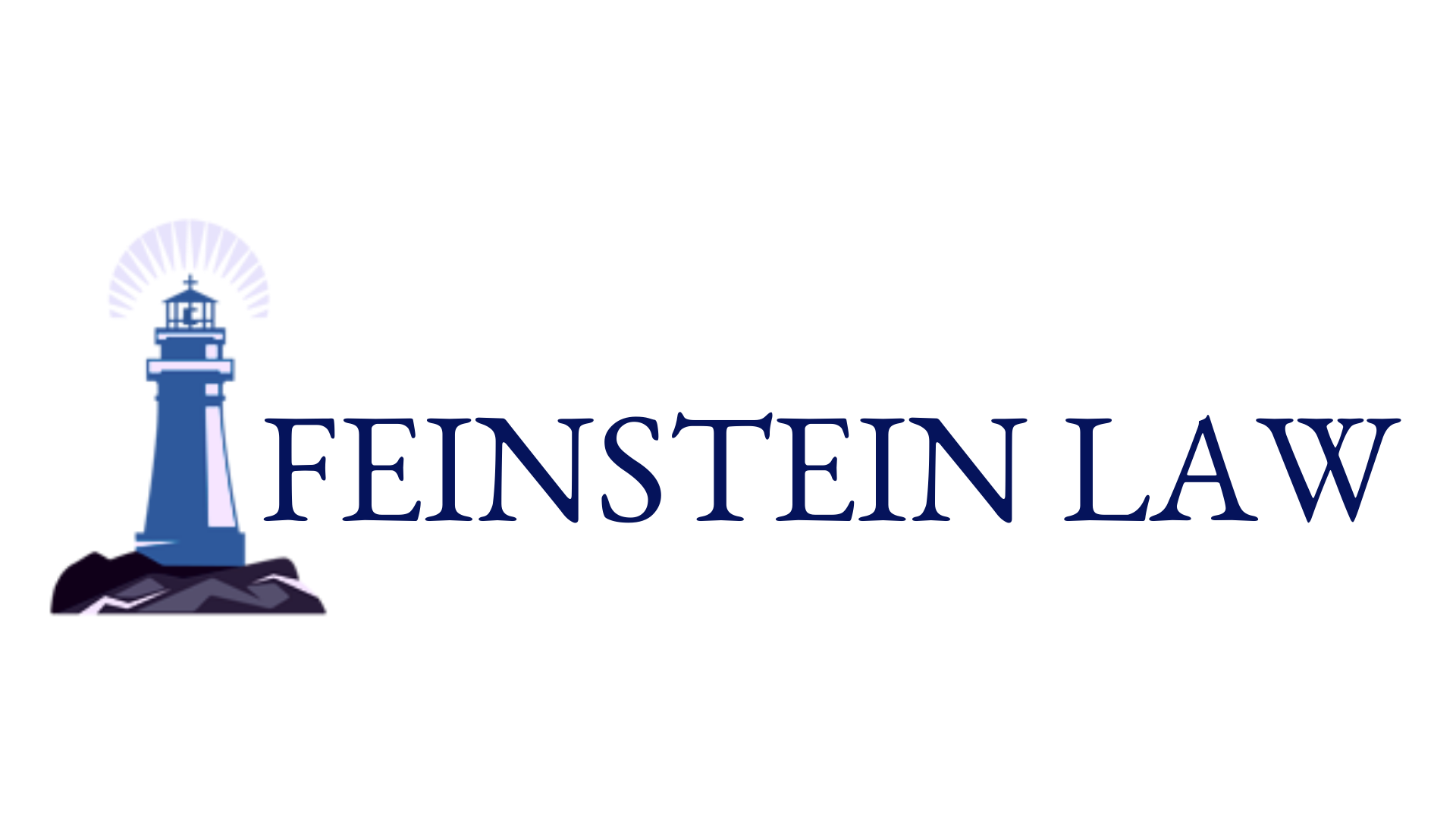A question we frequently receive from entrepreneurs raising capital for the first time is whether can raise money from people who do not meet the U.S. Securities and Exchange Commission (“SEC”) definition of an “accredited investors.” The easiest answer to tell a client is that “you shouldn’t” or “technically, you can but it is often too costly and time consuming because of all the state regulations.” These answers often do not satisfy eager a few entrepreneurs who are still curious about why those are the answers.
The purpose of this article is to provide a synopsis to these answers for an entrepreneur who is not an expert in securities law but is trying to figure out whether to include a friend, relative, or other potential investor in an upcoming financing round even though the person does not meet the definition of an “accredited investor”.
Under existing regulations, an individual is an accredited investor if he or she is any of the following:
- a person who has individual net worth, or joint net worth with the person’s spouse, that exceeds $1 million at the time of the purchase, excluding the value of his or her primary residence;
- a person with income exceeding $200,000 in each of the two most recent years (or joint income with a spouse exceeding $300,000 for those years) and a reasonable expectation of the same income level in the current year; or
- a director, executive officer or general partner of the company selling the securities.
In certain circumstances, an entity, like a business or charitable organization, may be an accredited investor, as well, but typically that entity would either need to have $5,000,000 or more in assets or be composed solely of other accredited investors.
Generally, in the United States you can sell shares of stock in your company if you either: (1) Register the offering with the SEC (which is a very significant undertaking in time and resources); or (2) sell stock that falls within a specified exemption from registration with the SEC (this is less significant in time and resources but can be very complex).
Given that public registration of securities is not practical for most young companies, startups generally rely on an exemption from registration including Rule 506(b) and 506(c) under Regulation D. Every state in the United States has its own distinct rules about what kind of stock issuance can occur without registration with the SEC. This is one of the many reasons that this method of raising capital can be quite tricky especially since it can be hard for a early-stage company to keep track of all the separate requirements for each state. But, the SEC has provided a way to override the state requirements under Regulation D of the Securities Act of 1933 as amended and by the JOBS Act as long as the company’s stock sale meets certain criteria (offering to an “accredited investors” is one of the more common overrides). But, if you are looking to offer a security interest in your own company to a “non-accredited investor,” you will need to comply with some relatively detailed additional information requirements.
According to the SEC, these requirements include creating “disclosure documents that are generally the same as those used in registered offerings. ” These documents are incredibly detailed and thorough, and unfortunately, also often too costly for most startups to prepare.
If this is the case, there is a separate SEC rule that allows you to include non-accredited investors without requiring full, registered offering-style disclosure. However, the big drawback of relying on this rule is that it does not override the state requirements and your offering would still have to comply with the state securities laws, often referred to as “blue sky laws,” for each and every state that you sell shares (the state of residence of the investor is what matters; not the state of the company). Additionally, there might not be an applicable exemption in some states and this will require your legal counsel to research the issue to make sure your company can meet that state’s blue sky requirements of each applicable state.
It is very important to note that all securities offering, whether registered or not, are still subject to the general anti-fraud provisions of the Exchange Act of 1934. Under this provision, all documents or other information actually provided to a prospective investor must be accurate and not misleading, and may omit any information that would render them misleading in any material aspect.
These rules and regulations are often very disheartening for a company that is trying to raise capital to reach the next level of business. Here at Feinstein Law, we understand what it takes to make a business successful and the regulations and rules that make the process as smooth as possible. That is why our next article will discuss the “Slo-Po Method” of going public and can allow access to an immense amount of capital to help your company reach new heights. This method is still time consuming and resource intensive but, if followed correctly and with the advise and direction of counsel, you and your company will be able to offer shares of your company to the general public including friends, relatives, and tens of millions of other potential investors.
The disclosure requirements ease considerably amount of resources and time but can be worth it if your company has the means and time to commit to the “slow poke” method of going public.
The slow poke method involves a company completing the following in order to be exempt from registration under Rule 144 of the Securities Act of 1933:
- The company must provide specified current information concerning nearly every aspect of the company’s business and financial status as it were filing with the SEC and this information must be publicly available.
- There is purchaser of the securities in the company cannot sell them until a one-year holding period is over because a company using this method is considered a non-reporting company.
This securities law blog post about going public is provided as a general informational service to clients and friends of Feinstein Law, PA and should not be construed as, and does not constitute, legal and compliance advice on any specific matter, nor does this message create an attorney-client relationship.
For more information concerning the rules and regulations affecting the going public direct transactions and direct public offerings please contact Feinstein Law, PA at (619) 990-7491 or by email at Todd@Feinsteinlawfirm.com or JDunsmoor@Feinsteinlawfirm.com. Please note that the prior results discussed herein do not guarantee similar outcomes.

